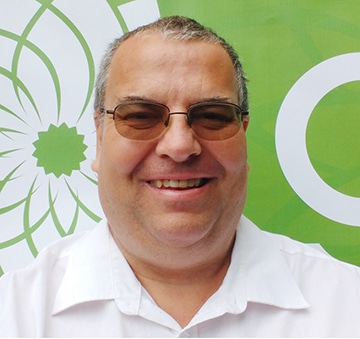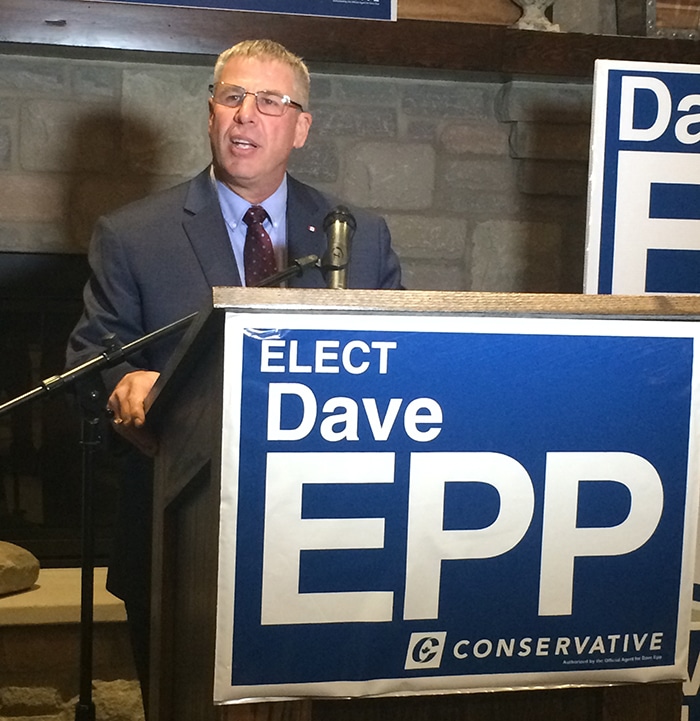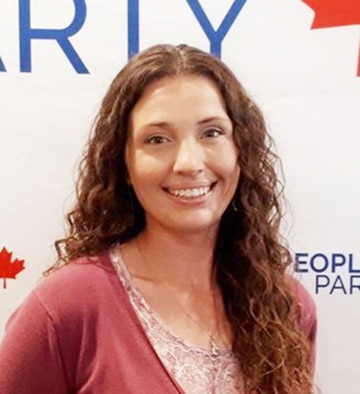
Mark Vercouteren is a Green Party politician who has run provincially since 2011, and federally in 2015.
A first generation Canadian who grew up in Chatham-Kent, he spent his teenage years helping at his parents fruit stand business.
In 2012 he moved back to Chatham-Kent, and now lives in a country house in Chatham with his wife of 12 years, and cats.
He has B.A.s in Physics and Math from the University of Waterloo.
His previous jobs: farm worker, working at his family’s fruit stand in Blenheim, retail, IT/ Technical Support, teacher. Presently a customer service rep., he has 16 years’ experience at various call centres.
Vercouteren ran provincially in Kitchener-Centre, 2011; Essex, 2014; and federally in Chatham-Kent Leamington 2015.
He enjoys reading, history, podcasts, and Canadian and U.S. politics, as well as biking, gardening, baking bread from scratch and local foods, and is Roman Catholic.
How can the public trust our party system when it appears there are decisions being made with questionable judgment by political leaders, with little to no repercussions?
There are several reforms that could strengthen the checks against abuse of power and influence peddling. Also, we need more transparency in government by decreasing the cost to Access To Information and opening it up to members of parliament, including the prime minister. It should not be allowed to have exemptions because public interest comes before the secrecy of the government in most situations.
We need to fix our electoral system so we stop electing majority governments with a minority of the votes. The First Past the Post system means that our government is not held accountable because they know that they only need to appeal to enough voters to gain power with a majority. It is time to fix the system so that each vote actually counts and be more equal. It is in the Green Party’s best interest to provide a better system for when people vote.
Disincentives like the Carbon Tax are meant to help the environment by increasing the cost of fossil fuel consumption. But is such a tax fair for people who live in small-town Canada? Or is this just another tax on the middle class in general?
I lived in cities, and in the country so can understand why this is an issue because for small towns, driving is much easier, and can often be a necessity. However, more people are looking for alternatives to having a vehicle as it is proving to be too expensive to own. The carbon fee and divided method is proven to be very effective in dealing with the issue of reducing carbon use and is a benefit to most people.
I have been hearing that a major issue in my riding is lack of public transportation. We need more options for people other than expecting them to have their own vehicle. Even before the Carbon Tax was put into place more people were finding it too expensive to use a vehicle or reduce the amount of time they can use it.
Opioid addiction and its associated problems, such as increased crime, have reached a crisis level in Canada. What can be done to cause change at the federal level?
We need to address the opioid crisis as a health-care issue, not a criminal issue, by declaring a national health emergency. It is necessary to recognize that fentanyl contamination is why deaths are more accurately described as poisonings than overdoses.
Drug possession should be decriminalized, ensuring people have access to a screened supply and the medical support they need to combat their addictions. This has shown to be the best method to deal with drug addiction. It is necessary to increase funding to community-based organizations to test drugs and make Naloxone kits widely available to treat overdoses. Drug laws are not effective to deal with addiction.





